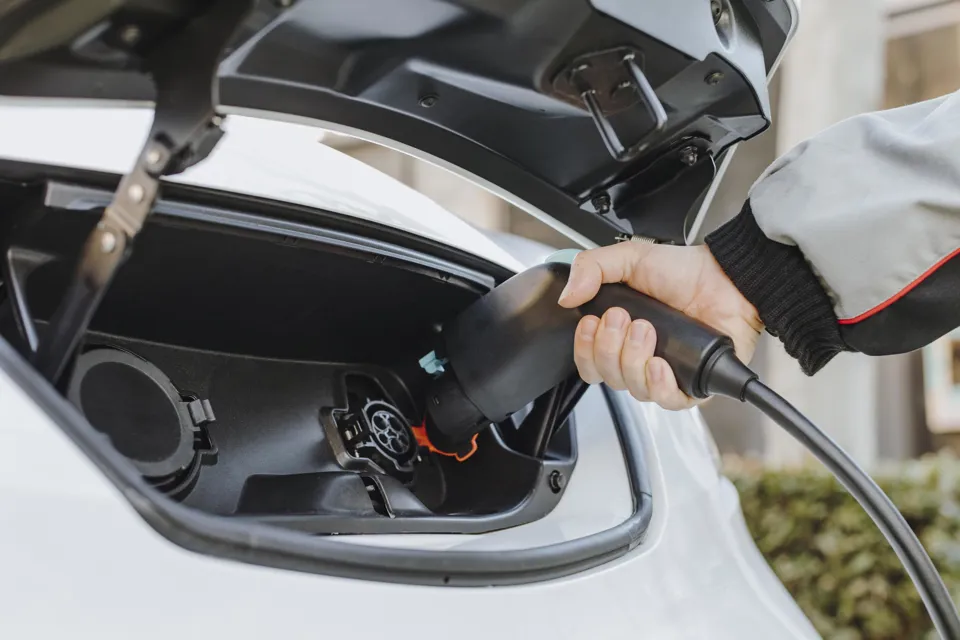The European Union (EU) has reached an agreement to end the sale of new petrol and diesel cars and vans in 2035.
The provisional political agreement, which was reached with negotiators from EU countries, the European Parliament and the European Commission, will now have to be formally adopted by the Council and the Parliament.
Legislators agreed to a 55% CO2 emission reduction target for new cars and 50% for new vans by 2030 compared to 2021 levels.
Vehicle manufacturers must achieve a 100% cut in CO2 emissions by 2035.
Frans Timmermans, EU climate policy chief, said: "European carmakers are already proving they are ready to step up to the plate, with increasing and increasingly affordable electric cars coming to the market. The speed at which this change has happened over the past few years is remarkable."
The agreement includes a review clause that will ensure that in 2026, the Commission thoroughly assess the progress made towards achieving the 100% emission reduction targets and the need to review these targets taking into account technological developments, including with regard to plug-in hybrid technologies.
European car industry association ACEA warned against banning a specific technology, when the law was first proposed last year, and is calling for internal combustion engines and hydrogen vehicles to play a role in the low-carbon transition.
Negotiators agreed on Thursday that the EU will draft a proposal on how cars that run on CO2 neutral fuels could be sold after 2035.
New petrol and diesel cars and vans will not be allowed to be sold in the UK from 2030, the Government has confirmed.
It has, however, said that it will allow the sale of hybrid cars and vans that can drive a significant distance with no carbon coming out of the tailpipe until 2035, suggesting that the five-year extension will only apply to plug-in hybrid electric vehicles (PHEVs)






















Login to comment
Comments
No comments have been made yet.